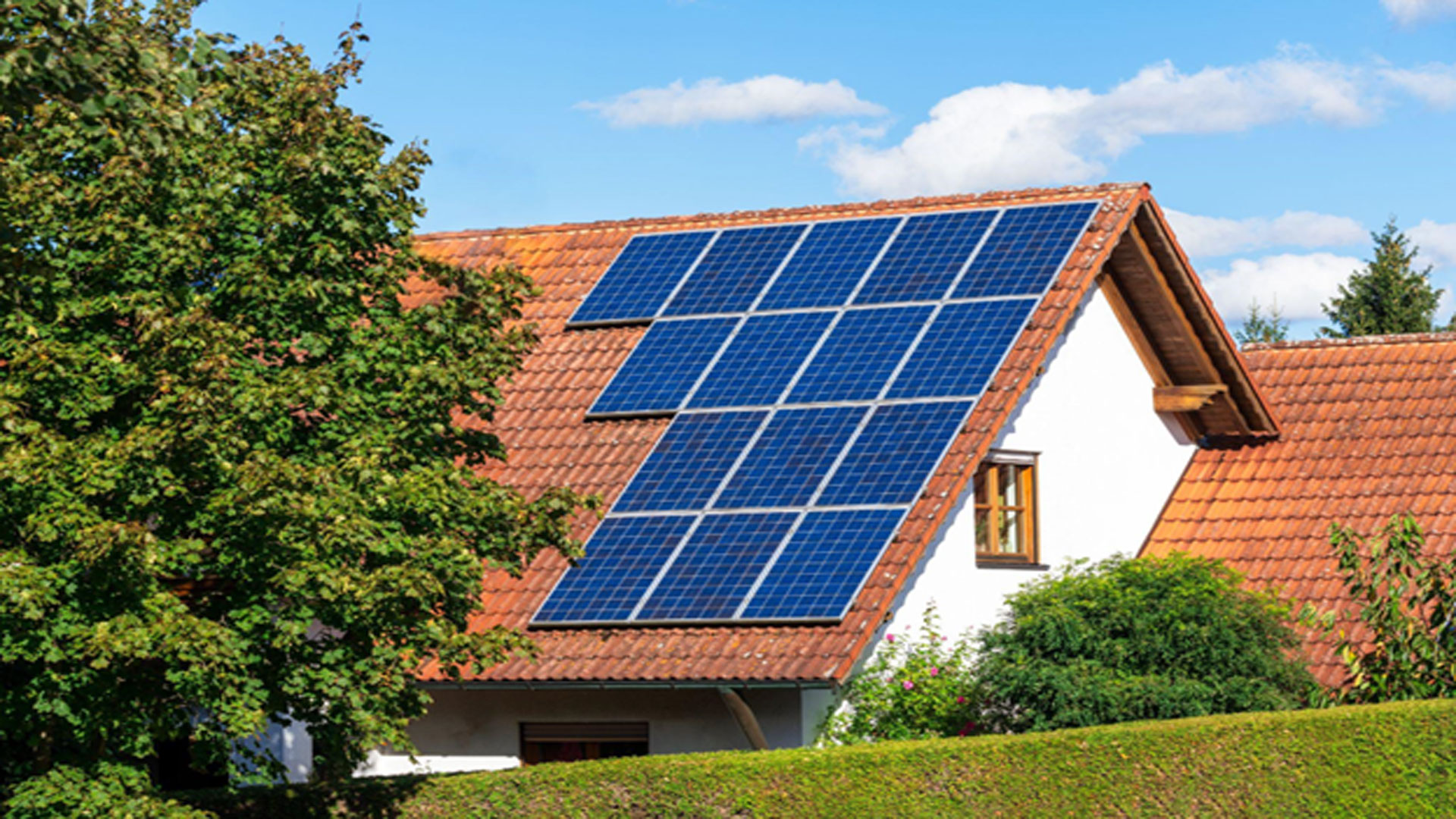Eco-friendly architecture is not a new concept, but what makes it interesting today is the range of eco-friendly building materials and techniques out there.
If you’re interested in architecture and sustainable design, you might be wondering just how eco-friendly your home can be. It’s easy to feel overwhelmed by information and think, “Why not just build something similar to the houses around me?”
But you know what? There are plenty of ways to build an eco-friendly home without completely changing the look of the house you want!
From the size of your kitchen appliances to your choice of colors and paint, there is no doubt that each and every detail of your home has an impact on the environment before and after you move in.
Here are seven sustainable house design ideas for building an eco-friendly home that will help you reduce your ecological footprint as well as save you money in the long run.
1. Make use of natural light

Natural light has a lot of benefits, including helping with indoor air quality and creating a general feeling of well-being. Using natural light in your home also uses less energy. There are many ways to make use of natural light, such as installing skylights and windows that open up to let in the sunlight. Or you can even hang a few pieces of art on your walls so they reflect light into the room. You can also use plants as curtains for your windows, which will block out some of the light but still allow in some natural light.
Another idea is to adopt a passive solar design that uses energy from sunlight to aid in heating and cooling living spaces. A passive solar design relies on building materials that reflect, absorb, or transmit the sun’s radiation without electric equipment. The results can reduce the amount of energy used to heat and cool your home.
2. Install more insulation in your home
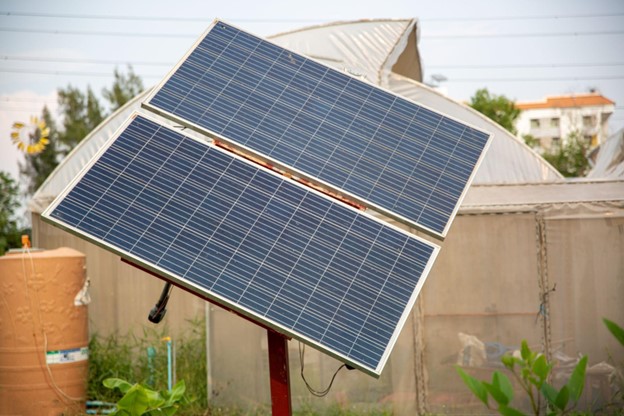
Insulation is a key factor in building an eco-friendly home. It reduces the amount of energy your home needs to operate, which means you can save money on your utility bills, too.
Here are some ways you can increase the insulation level in your house:
- Install more insulation in your attic or roof—where most of the cold air is exchanged with warmer air during the daytime—and on other cold spots such as walls and windows.
- Install ductwork into rooms that are frequently heated or cooled, like a kitchen or family room, to remove excess heat from them instead of sending it into the rest of the house through vents.
You can also use natural insulation like fiberglass insulation or cellulose insulation, which is made from plant material!
3. Solar power is key
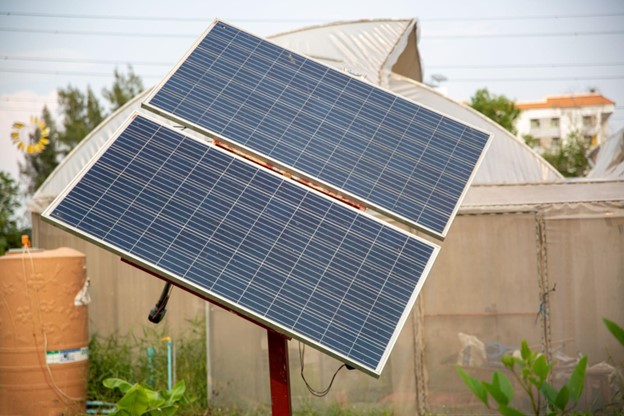
Need to say more? For any home wanting to become eco-friendly, harnessing solar power is an essential feature. Although there could be an initial outlay of money, you can consider solar panels as a long-term investment, which could save you more than you have spent.
By choosing energy sources like solar, you can power your home with a clean energy source that emits fewer carbon emissions than fossil fuels. In addition, some solar panels can make enough electricity for you to go completely off the grid, so you wouldn’t need Meralco anymore!
4. Choose eco-friendly materials
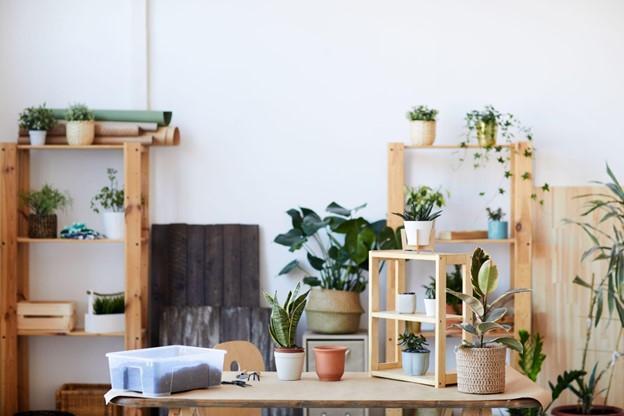
Depending on where you are, the eco-friendly materials that are easily available will vary. There are all sorts of materials that are recycled, reclaimed, and reused. Some materials that you may choose when building your sustainable house include, recycled glass, steel made from recycled metals, reclaimed wood, and reclaimed bricks and other masonry.
When a contractor demolishes a building, they can often reuse the old wood products they salvage for other projects. Bricks, stones, and pavers can also be reclaimed and reused. Meanwhile, steel can be 100% recycled, which significantly reduces the ecological impact of new construction.
When decorating, choose water-based paints that contain natural pigments. Avoid using materials with Volatile Organic Compounds or VOC for your paint or glue, or use low-containing ones in the construction of your new home.
5. Go for water-saving toilets and energy-efficient appliances
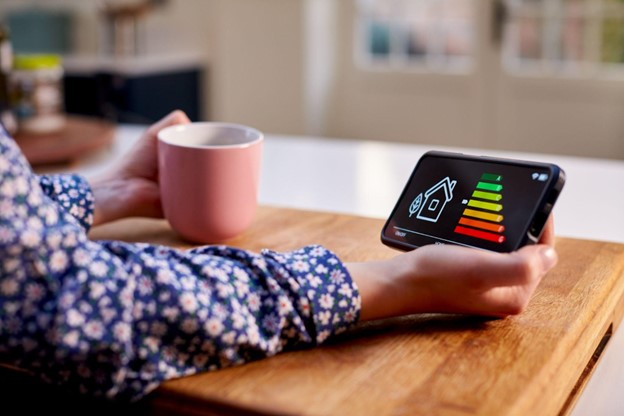
Make sure all your plumbing fixtures, including faucets and shower heads, are low-flow and use less water. You can also replace your old toilet with a tankless model that uses only half as much water.
The same goes for washing machines and dishwashers—choose models that use less water and energy.
Aside from being water efficient, it’s also quite easy to find appliances with energy-saving settings these days, with smart products flooding the market. Using such an energy-efficient appliances including LED lights and eco-friendly cooling systems, can result in up to a 13% reduction in your monthly energy bills.
6. Use a rainwater harvesting system
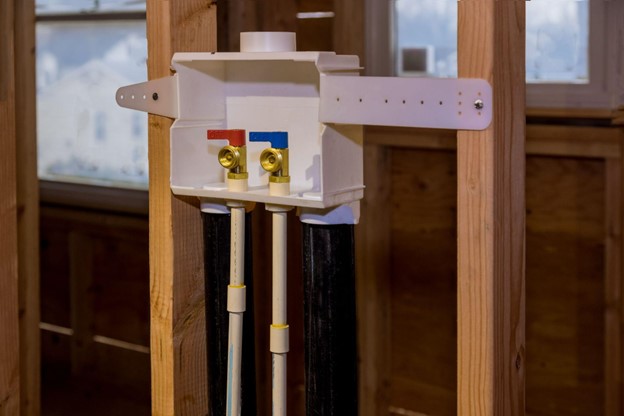
Why let all that rain water go to waste? Rain water collection is a great way to save money on your water bill and reduce the amount resources you send down the drain. Install roof gutters and downspouts that direct the water to a tank for reuse. You can use rainwater for other purposes, like toilet flushing, watering the garden, or even as drinking water.
It’s also a great way to increase your home’s energy efficiency by using the collected rainwater for things like washing dishes and cleaning your car.
7. Plant an energy-efficient garden
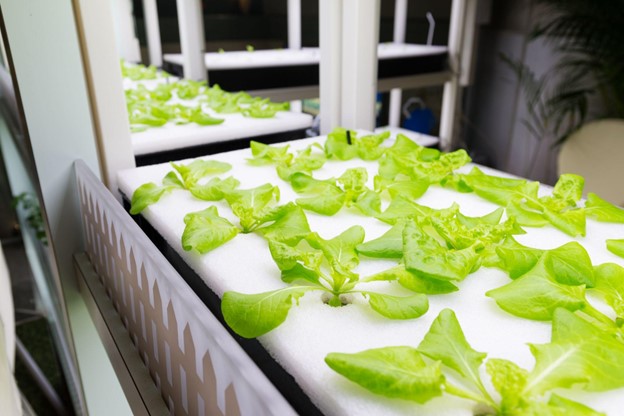
When people plant vegetation that does not belong in their climate or land type, it requires lots of water and maintenance. Don’t do that! You need to match your location to the needs of your plants when planning your landscapes.
Planting a selection of native plants can also improve the aesthetic qualities of your home and supply you with supplementary organic goods. Growing your own organic food is very sustainable and can be a fun hobby. You can even cultivate spider plants if you’re located near busy roads to neutralize the air pollution.
There are many home improvement ideas you can use to build an eco-friendly home and reduce your carbon footprint. Consider the 7 sustainable points in this list when building your ideal house and make a positive difference in the world.
Find out more about these stories at http://woman.ph/ or you can visit http://pageone.ph/ for the latest news and updates.


